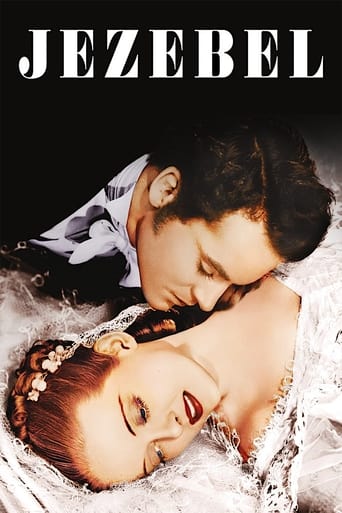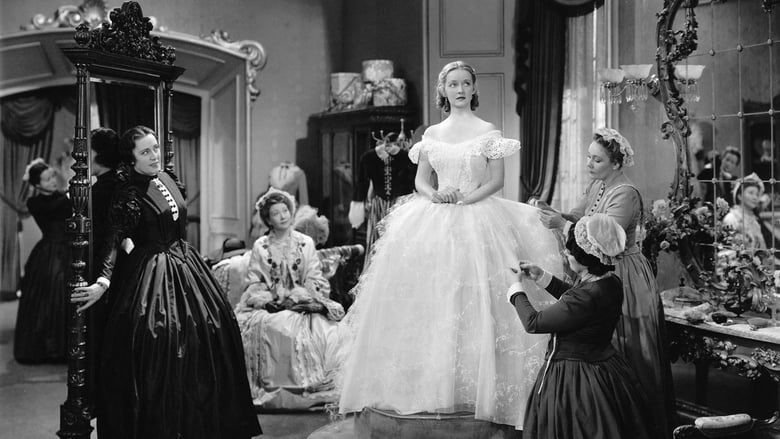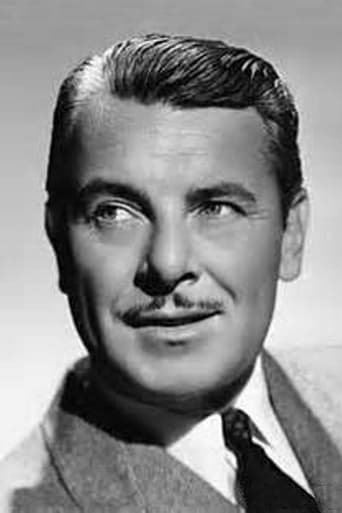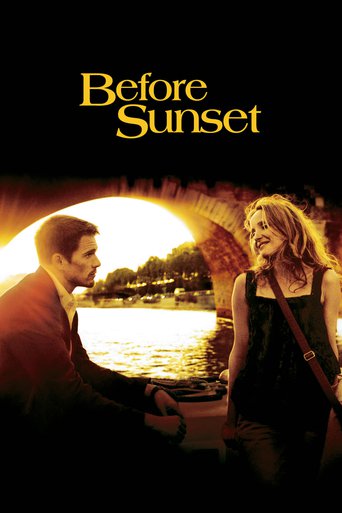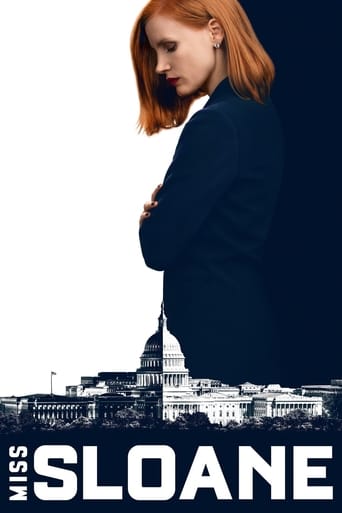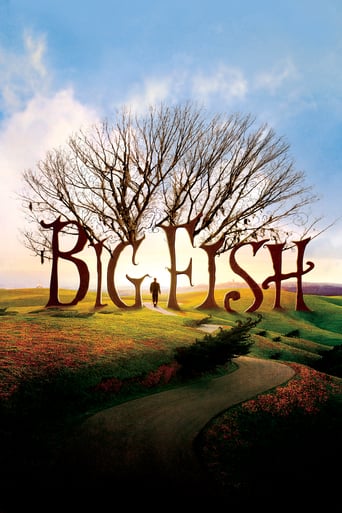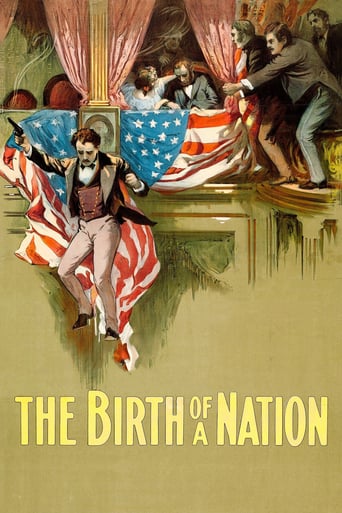Jezebel (1938)
In 1850s Louisiana, the willfulness of a tempestuous Southern belle threatens to destroy all who care for her.
Watch Trailer
Cast


Similar titles
Reviews
Good movie, but best of all time? Hardly . . .
It’s not bad or unwatchable but despite the amplitude of the spectacle, the end result is underwhelming.
All of these films share one commonality, that being a kind of emotional center that humanizes a cast of monsters.
Strong acting helps the film overcome an uncertain premise and create characters that hold our attention absolutely.
Jezebel is a reasonable romance flick, that is engaging and well acted.There is no great story and it is rather unendearing and cold. However, I watched on with interest. Of course she is angry, why would he bring another woman to the house of the girl he left at the doorstep. There isn't a lot of depth in the characters as there is too much blather, so I don't know what I'm suppose to get out of this.
One of the most boring movies I've seen with Bette Davis. Complete lack of characterization. Don't fall for the William Wyler hype machine, this one's a dud.
Director: WILLIAM WYLER. Screenplay: Clements Ripley & Abem Finkel, and John Huston. Adaptation: Robert Buckner. Based on the 1935 Broadway stage play by Owen Davis, Sr. Photography: Ernest Haller. Camera operator: Al Roberts. Assistant camera operator: Bud Weiler. Film editor: Warren Low. Music: Max Steiner. Songs: "Jezebel" by Harry Warren (music) and Johnny Mercer (lyrics); "Raise a Ruckus" by Harry Warren (music) and Al Dubin (lyrics). Music director: Leo F. Forbstein. Art director: Robert Haas. Costumes: Orry-Kelly. Technical adviser: Dalton S. Reymond. Stills cameraman: Mack Elliott. 2nd unit director: John Huston. 2nd assistant director: Arthur Lueker. Assistant director: Robert Ross. Sound recording: Robert B. Lee. Associate producer: Henry Blanke. Production manager: Tenny Wright. Producer: Hal B. Wallis. Executive producer: Jack L. Warner.Copyright 26 January 1938 by Warner Bros. Pictures, Inc. New York opening at the Radio City Music Hall, 10 March 1938 (ran 2 weeks). U.S. release: 26 March 1938. Australian release: 21 July 1938. 12 reels. 103 minutes.SYNOPSIS: Southern belle scandalizes the Old South by wearing a red strapless gown to a black-and-white ball.NOTES: Academy Award, Best Actress, Bette Davis (defeating Fay Bainter in White Banners, Wendy Hiller in Pygmalion, Norma Shearer in Marie Antoinette and Margaret Sullavan in Three Comrades). Academy Award, Best Supporting Actress, Fay Bainter (defeating Beulah Bondi in Of Human Hearts, Billie Burke in Merrily We Live, Spring Byington in You Can't Take It With You and Miliza Korjus in The Great Waltz).Also nominated for Best Picture (You Can't Take It With You), Cinematography (The Great Waltz) and Best Music Score (Alexander's Ragtime Band).Negative cost: around $1 million. Shooting commenced 18 October 1937 and finished 18 January 1938. — 42 days over schedule. (Wyler's mania for perfection — his insistence on endless takes — was blamed for the run-over).The stage play, produced by Katharine Cornell and Guthrie McClintic opened on Broadway at the Barrymore on 19 December 1933 and ran only 32 performances. It starred Miriam Hopkins and Joseph Cotten, and featured Cora Witherspoon as Aunt Belle.COMMENT: A lavish costume melodrama designed by its creators and players as a try-out for their employment (they hoped) on Gone With the Wind. As it happened, however, only composer Max Steiner reached that goal, although Jezebel is not only excellent entertainment but excels in every aspect of its production: flawless acting dominated by the driving portrayal of Bette Davis as the self-willed Julie; gorgeous costumes and no-expense-spared sets with hundreds of extras impressively regimented in spectacular crowd scenes — Wyler successfully showing off his mastery of both action and intimate, soul-baring emotional scenes. The film's only weakness is its facile soap opera script — high class soap opera, but still, for all its impeccable staging, as sudsy as a Hollywood bubble-bath.
1850's New Orleans society was filled with gracious living. Well dressed women of the upper-crust, Scarlet O'Hara's everyone of them. Bette Davis coveted both the role of Scarlet in "Gone With the Wind" and Miss Julie in the adaptation of a Broadway play, ending up settling for the later (and get second Oscar), but even without the color awarded to the film version of Margaret Mitchell's novel, still ended up with a classic.Pretty much soiling men's pants as she walks into a bank, Miss Julie is a force to be reckoned with. A banker's meeting is not as important as the choosing of her dress for a lavish ball. Of course, thus is the famous red dress that scandalizes all of New Orleans. The lack of color here doesn't matter because Davis makes the audience feel the red rather than see it, and that is acting. It's as scandalous as Scarlet dancing with Rhett while wearing widow black.But like Scarlett, there is much more than just the obvious selfishness of her Southern belle image. There is the heart and soul of a woman, searching for the right opportunity to reveal her humanity. The men in her life are Henry Fonda and George Brent, and who she ends up with is guided not only by the stars but by historical events as well. The major plot twist concerns an outbreak of yellow fever which threatens the entire population including Fonda.With Fay Bainter (in an Oscar winning supporting role) brilliant as her long-suffering, concerned aunt, ironically also nominated against Davis for the drama "White Banners". Donald Crisp, Spring Byington and Margaret Lindsay also among the supporting cast. Lindsay is particularly important as the Yankee lady from New York City who helps bring out Julie's mobility after years of only thinking of herself. The strong direction of Davis by the legendary William Wyler (probably the only director who knew how to tame Davis) keeps everything moving.

